
Online Casino Promotions, News & Opinions
Latest USA news, views and promotional content from the iGaming Industry

Dec. 4, 2025 | Read Time: 4 mins

Nov. 17, 2025 | Read Time: 6 mins

Oct. 31, 2025 | Read Time: 6 mins

Aug. 12, 2025 | Read Time: 3 mins

June 23, 2025 | Read Time: 4 mins
May 20, 2025 | Read Time: 2 mins
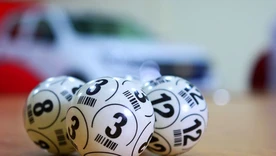
March 26, 2025 | Read Time: 3 mins

Jan. 28, 2025 | Read Time: 4 mins

Jan. 8, 2025 | Read Time: 3 mins
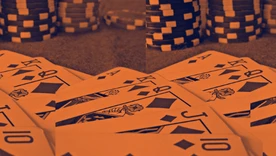
Oct. 30, 2024 | Read Time: 3 mins

Aug. 19, 2024 | Read Time: 4 mins

July 22, 2024 | Read Time: 4 mins

July 22, 2024 | Read Time: 4 mins
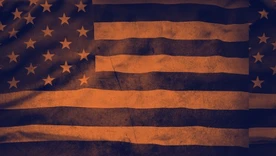
April 10, 2024 | Read Time: 4 mins

April 9, 2024 | Read Time: 5 mins

April 6, 2024 | Read Time: 4 mins

April 5, 2024 | Read Time: 3 mins
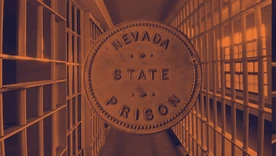
March 28, 2024 | Read Time: 3 mins
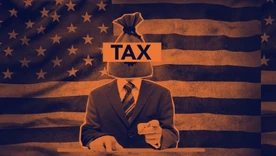
March 27, 2024 | Read Time: 3 mins

March 26, 2024 | Read Time: 5 mins

March 22, 2024 | Read Time: 6 mins

March 21, 2024 | Read Time: 4 mins

March 18, 2024 | Read Time: 7 mins

March 14, 2024 | Read Time: 3 mins
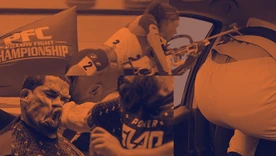
March 13, 2024 | Read Time: 7 mins

March 11, 2024 | Read Time: 8 mins

March 8, 2024 | Read Time: 5 mins

March 4, 2024 | Read Time: 5 mins

March 1, 2024 | Read Time: 5 mins
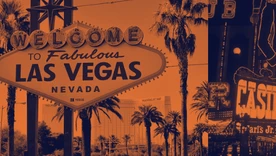
Feb. 28, 2024 | Read Time: 6 mins
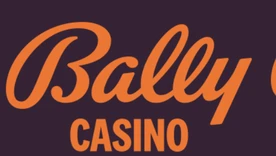
Feb. 22, 2024 | Read Time: 3 mins

Feb. 16, 2024 | Read Time: 3 mins

Feb. 14, 2024 | Read Time: 5 mins
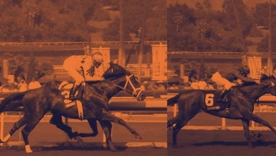
Feb. 9, 2024 | Read Time: 5 mins

Jan. 31, 2024 | Read Time: 4 mins

Jan. 9, 2024 | Read Time: 3 mins